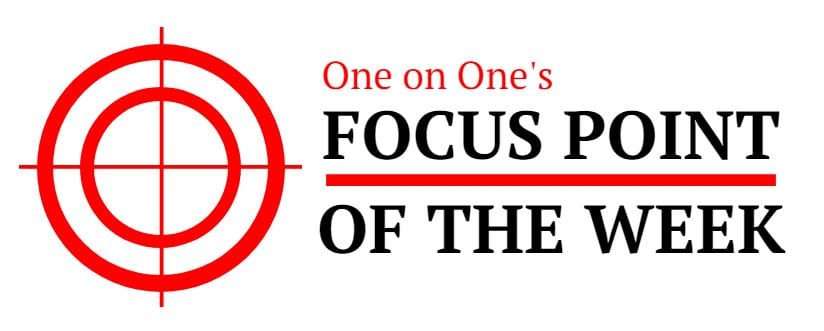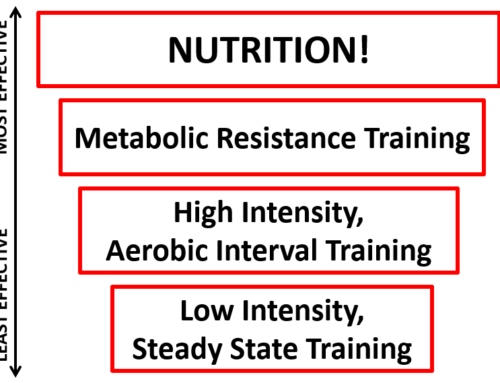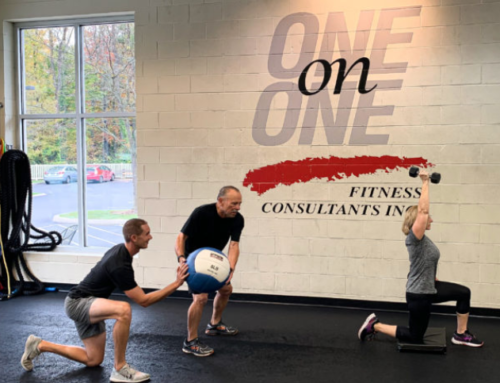
By: Bruce Burke
If you have been following our Strategies to Succeed series over the past several weeks, then you are familiar with how to set meaningful goals, align your daily actions with these goals, and inventory your progress on a consistent basis. This week, we will focus on an important tool to help ensure that you keep your eye on the prize—time management.
When you are in the fitness business, you learn a lot about time. Specifically, how little everyone has! Intelligent time management is critical to managing stress and excelling in all endeavors.
When it comes to time management, prioritization is the number one issue to consider and is important on multiple levels.
First things first.
On a macro level, you must first prioritize what is most important to you. Take your health and fitness for example. How important is it? If watching an hour or two of TV, spending time online, or working around the house are prioritized ahead of your fitness, you might have trouble finding time to exercise. Although some may question these priorities, at least you are being honest with yourself. What isn’t honest is saying that your fitness is a priority, then participating in these other activities and claiming you don’t have time to exercise. The bottom line is that, for the most part, we have time to do whatever is most important to us.
Once you have prioritized the big things, you then must prioritize your daily tasks. Start by looking at the upcoming week. What is currently on the schedule? What do you need to put on the schedule? Consider what you must accomplish, as well as what you would like to accomplish. Addressing important but non-urgent issues is a habit most successful people have mastered. Then, create a daily “to do” list and put the important, time sensitive issues at the top of the list. Don’t let time consuming, unimportant tasks monopolize your day.
Some other time management tips include:
- Think ahead: As you plan your day, always consider how one action or decision can affect another. Simple stuff like preparing your lunch in the morning or keeping your laptop with you in case you get stuck with some unexpected downtime will help with efficiency. If you have a project due or an important meeting scheduled, consider what resources you may need in advance so you are not scrambling last minute.
- Don’t over-commit: Focus on your big picture priorities and say “no” to anything that will significantly interfere with them.
- Limit distractions: If you must accomplish something that takes some time and concentration, shut your door, turn off your phone, and forget about your email.
- Take time to do A+ work the first time around: The extra investment of time upfront can save a lot of time later fixing things or dealing with the consequences of doing a poor job.
- Ask for help! There are many reasons we don’t ask for help…and none of them are very good! When we manage our time well, it also benefits the people around us.
This week, consider taking a little time and listing what your big picture priorities are. Then, start each day by preparing a “to do” list with the most important, time critical issues on top. At the end of the day, inventory your performance. Did you get done what you intended to? If not, what were the roadblocks? Did you let less important issues monopolize your time? If so, what is your strategy to prevent that from happening in the future?
Being proactive with managing your time pays big dividends in both efficiency and peace of mind. Give it a try!




